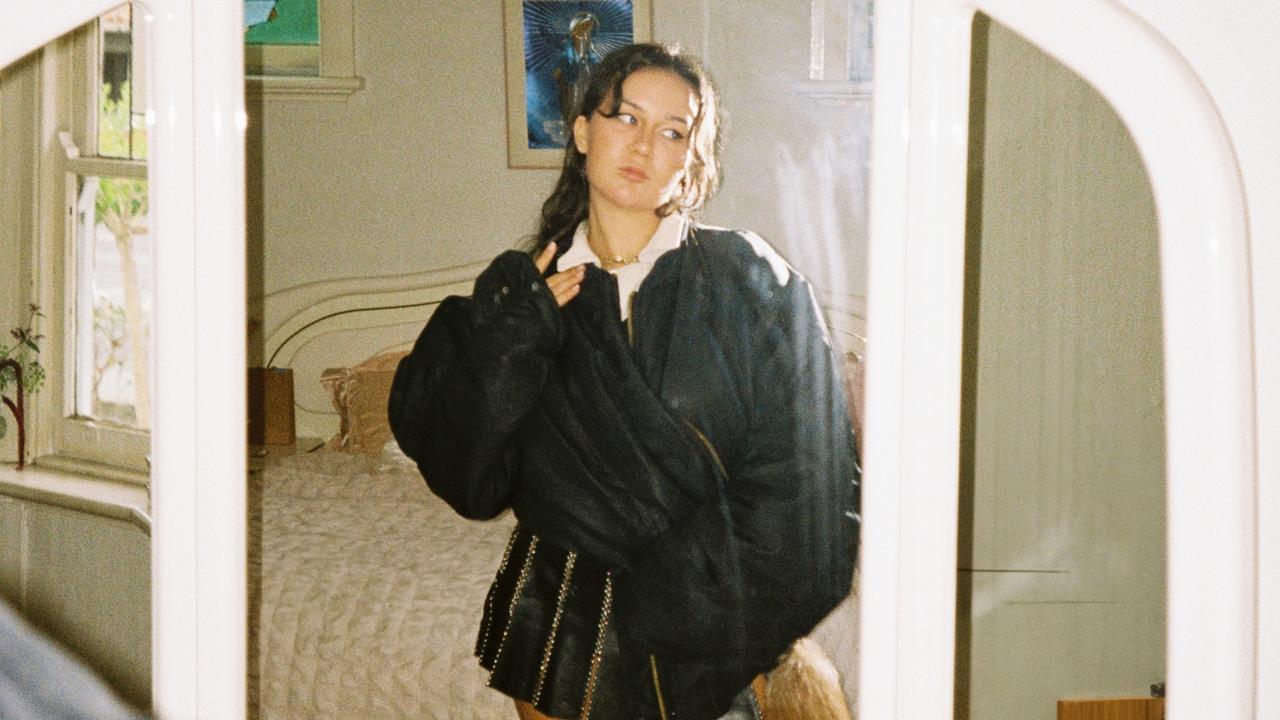YA fiction: Robert Newton; Robin Klein; Jennifer Niven; Ruby; Nix
Five authors for young adults take us on journeys in search of our better angels.
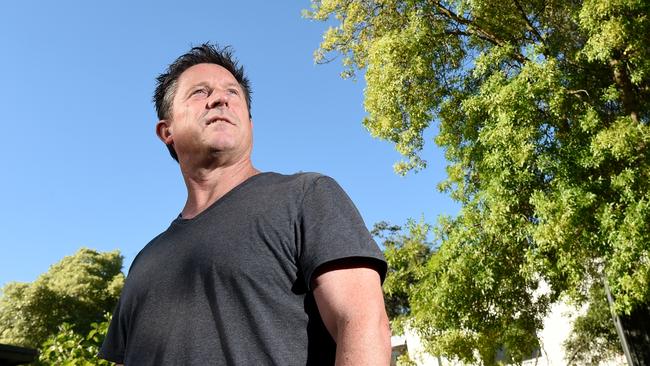
Robert Newton is a Melbourne-based firefighter and author. Mr Romanov’s Garden in the Sky (Penguin, 218pp, $17.99) begins as a gritty reimagining of his experience 25 years ago when called to an emergency in a Melbourne housing commission tower. The sight of a small girl in pyjamas waiting beside her drug-overdosed mother has haunted him since, and is now re-created in 13-year-old Lexie.
Early in the novel Lexie witnesses a dog, owned by a down-at-heel Russian man, being thrown off the tower. Newton deftly tempers this confronting scene into pathos and then kindness and humour as Lexie enlists her friend Davey to help old Mr Romanov clean his apartment and fulfil his dream of a secret rooftop garden.
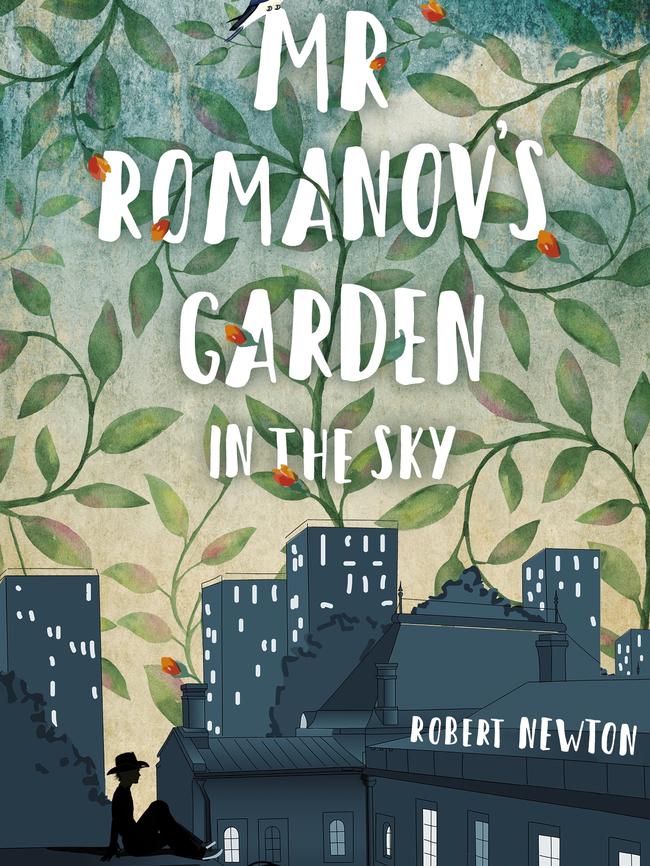
Newton has a nimble style and tone. His previous book, the World War II-set When We Were Two, about a pair of brothers who take a long walk alongside men who are heading off to enlist, won a Prime Minister’s Literary Award. Both the earlier book and his new novel use postcards as symbolic beacons. In Mr Romanov’s Garden, Lexie pins her father’s postcard of Surfers Paradise meter maids, with their sparkling cowboy hats, above her bed. Surfers Paradise becomes her utopia.
Newton sidetracks the story of a garden into the road trip of Lexie’s dreams. Mr Romanov and Davey also have reasons to escape. But when it comes to Surfers Paradise, Davey taunts, “You want to be that little girl in the snow dome? You want to get a bucket and spade and build a few sandcastles with your dead dad and junkie mum? Sorry to burst your bubble and all, but Surfers Paradise is a shithole anyway. I looked it up on the internet.”
Mr Romanov’s Garden is not only striking for its unexpected tangents, layered, sensory writing and contrasting images and colours, but also for its tender portrayal of the transformation of Lexie and her young friends.
Another vulnerable female, Angie, is at the centre of Robin Klein’s multi-award-winning Came Back to Show You I Could Fly, reissued as a Text Classic (229pp, $12.95). Angie also faces a precarious future.
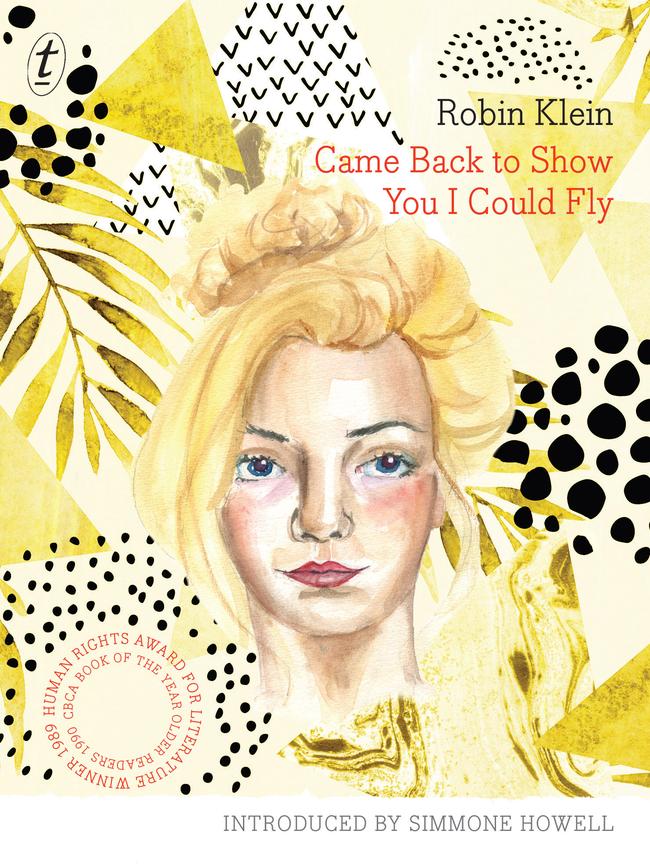
This novel was groundbreaking when it was first published in 1989, and it remains fresh and urgent. Angie’s problems with drugs, relationships, lack of work and money unfold in an accessible way, witnessed through the growing insight of young, naive Seymour, whose unstable mother has dumped him with a fussy spinster acquaintance.
Seymour encounters Angie while he is hiding from bullies. She is exotic, lets Seymour choose her earrings and takes him on tram rides around a city that she glamorises without quite hiding its insalubrious corners.
Perhaps Klein’s greatest achievement is showing Angie through different characters’ eyes and perspectives. With her flamboyant dresses and tattoo of a flying horse on her shoulder, she is a beautiful goddess to Seymour, but her family disproves of her revealing clothes and tawdry earrings. Even though we perceive her flightiness and the recklessness of her choices, we align ourselves with Seymour’s optimistic, but unrealistic, view.
Klein then drags us into Angie’s family’s pain and despair, their “raw and hopeless grief’’. Her narrative keeps us wondering if Angie even has a future. We share Seymour’s ominous awakening and fear for Angie as she wastes opportunities and sinks lower. He undergoes a reluctant rite of passage, finally seeing the truth in Angie and others. He realises, “There would never be any little winged horse plunging splendidly from the sky to … carry you away from things not to be borne. That was something you had to learn to do all by yourself.”
Holding up the Universe (Penguin, 423pp, $19.99) is the second novel from American author Jennifer Niven. We learn that Libby Strout was “America’s fattest teen”. Grief at her mother’s death, being bullied and having panic attacks made her overeat. Housebound for two years, she had to be lifted out by crane. The hate mail began when her plight was publicised.
The novel is set three years after this. The story is a dual narrative shared by Libby, now back at school, and Jack Masselin, whose life has touched Libby’s in the past.
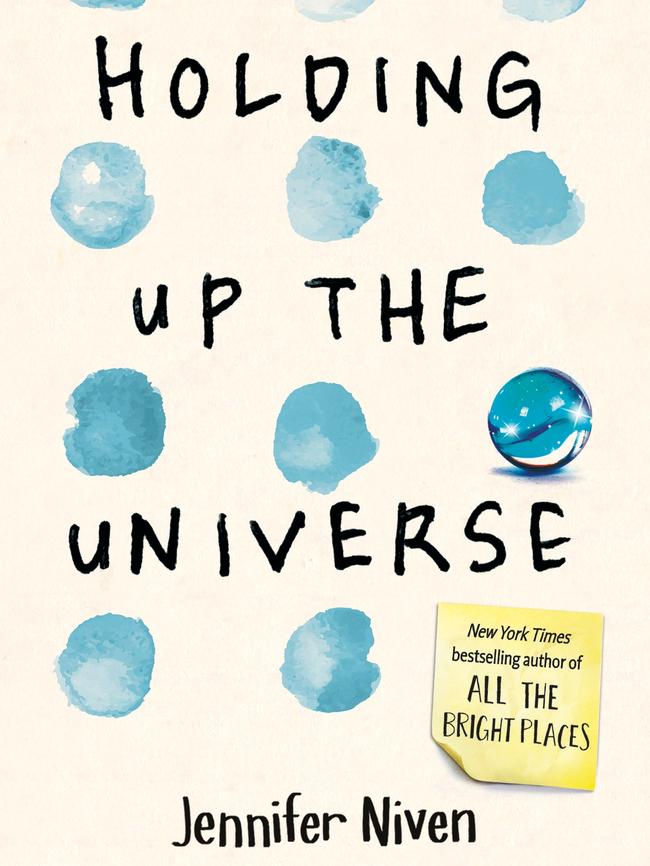
Trying to protect her, he takes on the challenge of “Fat Girl Rodeo” before someone else hurts her more. This is a nasty game where a boy jumps on to a girl and hangs on for as long as possible, as if she’s a bull. Libby punches him in the mouth.
Jack is “the Guy Girls Want”, “tall, long-limbed, and lanky, with gold-brown skin and this dark hair that explodes in all directions”. He grows his afro like a lion’s mane as his “identifier”, so he can find himself.
Jack hasn’t told anyone but he has prosopagnosia, facial blindness, a condition probably shared by Oliver Sacks and Brad Pitt. He can recognise only a few people, and that too with difficulty, which is a problem when he kisses his girlfriend’s cousin, or when he mistakes someone for his little brother.
His interactions and relationships are fraught and exhausting as he searches for people’s identifiers, such as size and skin colour. School is difficult for them both. Jack is warned about prejudice he may experience because of his racial background; Libby is brave, with a quick comeback, and realises that she should be the “hunter” before the bullies destroy her.
Jack’s hair is like the sun; Libby smells like sunshine. Jack comes to see her as a star, changing the world. Even though she longs for help with carrying her burden, Libby loves to dance, and twirls to celebrate: “I am the sky! … I’m everywhere … I am universal.”
A bit like Jack, Finn is “too pretty for his own good” in Bone Gap (Allen & Unwin, 400pp, $19.99) by Chicago-based Laura Ruby. Finn lives in Bone Gap, Illinois, which feels like a magical place where “the bones of the world were a little looser … double-jointed, twisting back on themselves, leaving spaces one could slip into and hide”.
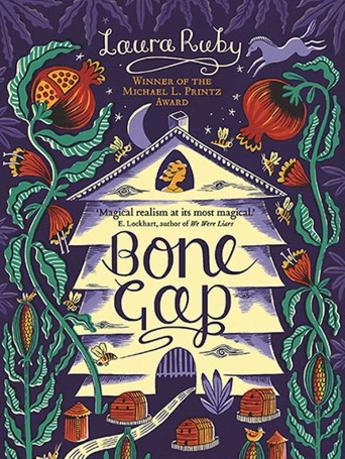
His father has died and his mother drifted away, so elder brother Sean, who seems like a Wolverine or action figure, works as an emergency medical technician to support them while Finn finishes school.
Finn found injured Roza in their barn but, when she is later kidnapped, can’t recall the man’s face. Finn has a reputation for being distracted and unable to look people in the eye. A horse, Night Mare, appears and Finn goes on surreal evening rides to meet Petey, who hates her real name and cares for the myopic bees and their queen. She knows that stories metamorphose, but refuses to “be careful with a boy who comes riding on a magical horse”.
The Bone Gap has won prestigious awards and is an exceptional work of magic realism. The writing is intricate and dense, and leans on folk stories and fairytales. Metaphorical and physical gaps cast a thriller’s shadow. Has Roza slipped into a gap, never to find her way out? We learn Roza’s nightmarish story as she is moved between farmhouse, castle and fairground, with its house of mirrors reflecting many faces.
Princess Anya is “not the kind who needs rescuing” in Frogkisser! (A&U, 336pp, $19.99), by Sydney author Garth Nix, who is acclaimed internationally for his original and high fantasy. Even though Anya is resourceful, she would prefer to read in the library, like Nix’s seminal character Lirael, from the book of the same name.
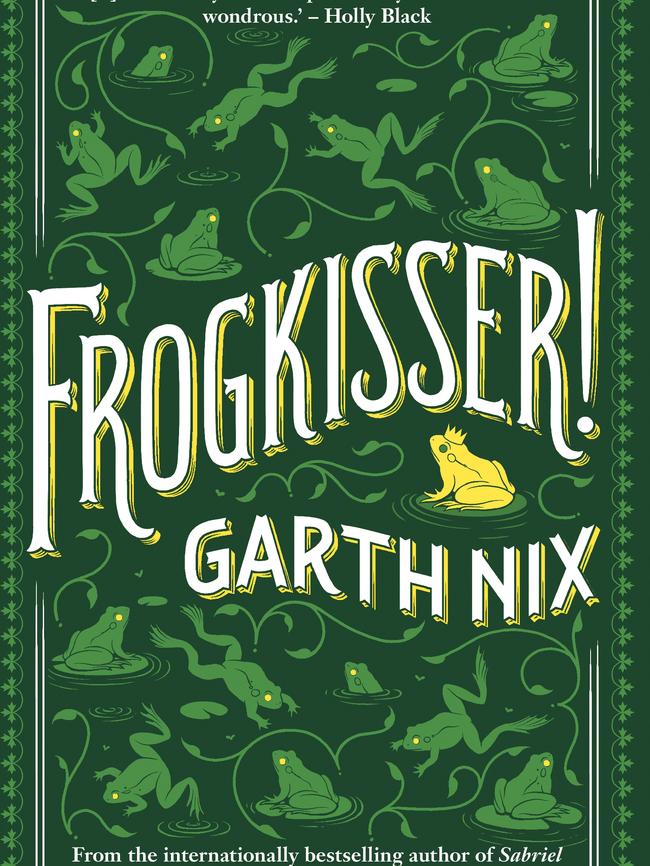
When Anya’s evil “stepstepfather” (a complex relationship) turns her older sister’s suitor into a frog, Anya must find and kiss him. Because true love isn’t part of this kiss, Anya uses the last of the Fairly Reliable Transmogrification Reversal Lip Balm ... but she kisses the wrong frog.
Anya must then go on a quest with an eager young dog called Ardent to find the ingredients for more lip balm. She meets a boy thief who has been turned into a newt, the Association of Responsible Robbers, Snow White the wizard, more and more frogs and, Nix’s piece de resistance, Gerald the Herald, who speaks in headlines and is played by multiple characters in disguise.
Princess Anya becomes not just the Frogkisser but the defender of the kingdom. She realises that she is insular and rich. and is challenged to share and become a leader who makes a difference.
Nix reverses and subverts the princess fairy story and quest tale, using Terry Pratchett-style satire and Monty Python silly-smart humour. The writing is dense, full of eccentric characters and unexpected plot strands. The heroes travel most uncomfortably on a temperamental flying carpet with a name and command-word that is almost impossible to remember or say.
Like the text in Anya’s library book, Nix’s words “climb off the page and go wandering … believed escaped the castle altogether … or … eaten by one of the dogs”.
He is a literary wizard.


